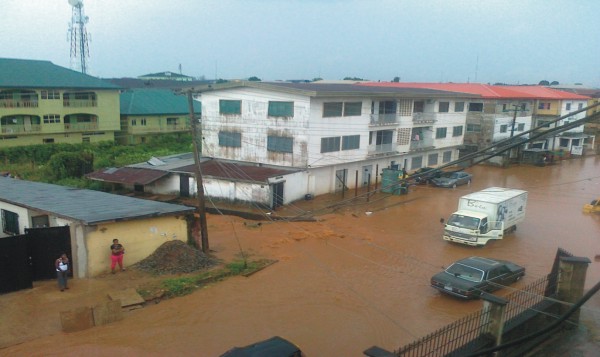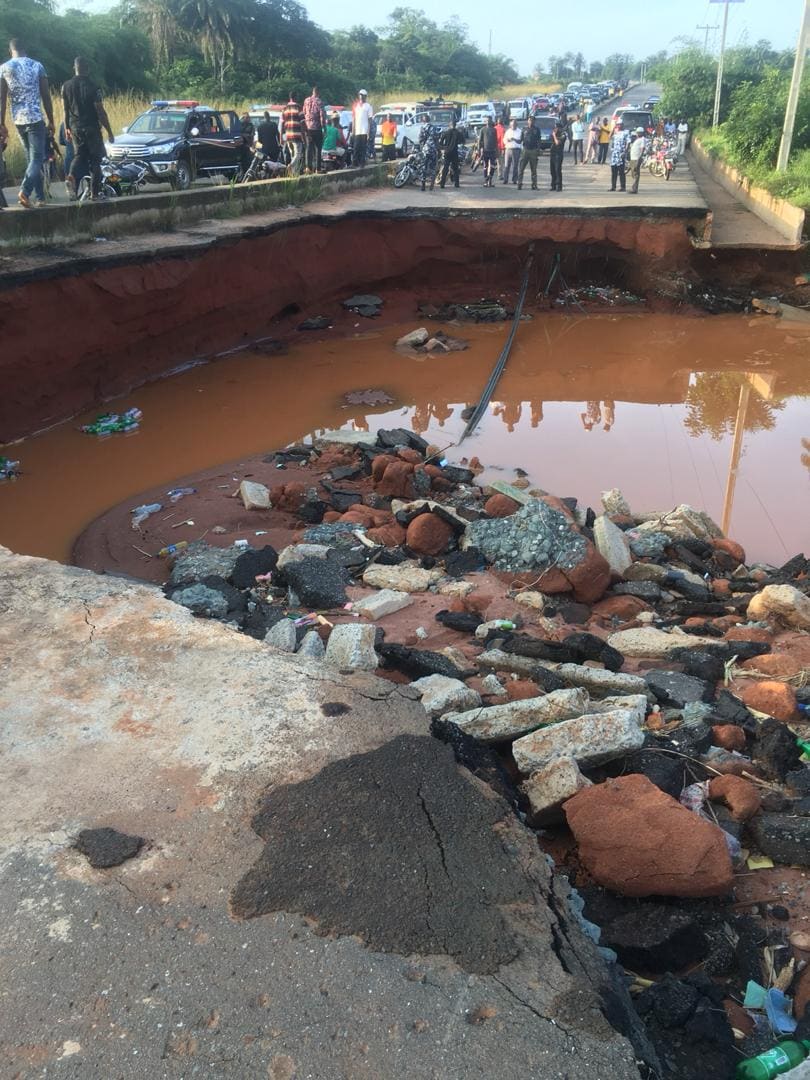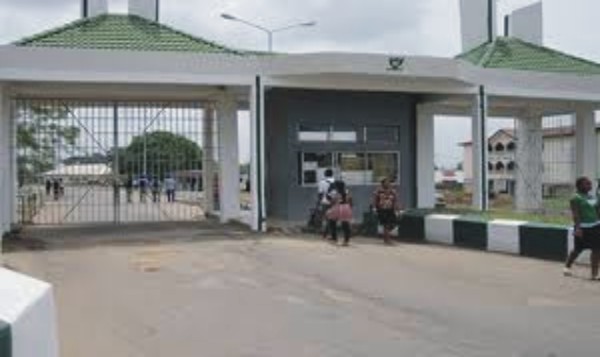The country Nigeria easily referred to as Giant of Africa is one of the most prominent countries in the world. However, over the years, certain incidents have led to birth and sustenance of certain negative stereotypes that seemingly hang over the country today.
Although most of these stereotypes are mere generalities, they give a false impression of the country as well as its people and tend to form the basis on which others regard and judge her people. If you are visiting Nigeria, it is important to clear your mind of these stereotypes and hold on to the truth. However, if you need help with sifting through the facts, Jovago.com, Africa’s No. 1 online hotel booking site shares some truths about Nigeria and her people.
Nigeria is loved by its citizens.
The country is rich in natural resources and quite a number of its citizens not only remain within the country to harness the possibilities on offer, they love and remain patriotic to the country’s cause.
There is the impression that every person from the oil-rich nation is looking for an avenue to travel abroad for greener pastures. Admittedly, there are quite a number of Nigerians in the diaspora, however, even those who live outside the country visit regularly and eventually return to set up business or retire in the country.
The people of Nigeria work hard to earn their living.
Quite a large number of people in this country actually work hard to earn a living. They do decent jobs per day and start businesses which even grow into big companies. Some of the top richest men in Africa and the world are from Nigeria, with their net worth backed by actual stocks in market.
As is with every other countries in the world, there are bound to be con artistes who swindle wealth off others; a practice most Nigerians frown upon.
Education is valued.
They appreciate education so much that a parent is willing to sell his land and property to ensure his or her child is properly educated. Almost every state in the country has at least two tertiary institutions and a myriad of nursery, primary and secondary schools. While many struggle to afford schooling, quite a number are still educated at even to the Masters level.
Nigeria is safe.
With the Civil war of 1967, minor tribal riots and most recently, the rampage of the Boko Haram sect, Nigeria has been labelled by most foreigners as a volatile country.
On the break of any issue, the news media as well as independent columnists seek opportunities to highlight possible conflict or outbreak of war in the country. The nation is represented in such a way that public opinion is classified to reflect discord between local tribes or imply an advancement in terrorism within the country.
The truth however is that so far, there have been no genocides or war. The country is as safe as most other nations and the government is making fruitful efforts towards containing terrorism.
By Nkem Ndem
Welcome!Log into your account










